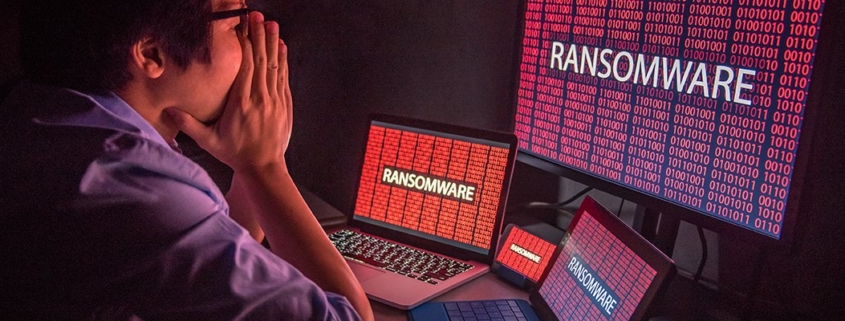Victims complain they haven’t been paid
Victims of the $200 million BitMart hack say that five weeks have passed since the crypto exchange vowed to return their money, but many still haven’t seen a dime.
“I’m not one to bitch and moan a lot,” said Paul DeLong, a business owner in Austin. “BitMart, from a communication perspective, they said that they were going to give us more updates. We have not received any updates at all.”
DeLong says he has reached out to the exchange multiple times, and each time, he’s received a canned response from a bot to inform him that BitMart and their attorneys are “working on it.”
In early December, BitMart wrote in an official statement that it would use its own money to reimburse victims of the large-scale security breach, which the exchange blamed on a stolen private key.
But users are getting restless waiting for BitMart to make good on its promise.
CNBC spoke to multiple BitMart users who were targets of the attack, some of whom face total financial ruin if their funds aren’t retrieved.
“Whether it’s $20, $500, $10,000, it doesn’t matter, just communicate back to us, and let us know,” said DeLong.
Many of the victims lost a particular token known as safemoon, which is a cryptocurrency token built on the Binance Smart Chain blockchain. The coin saw a massive run-up in the second quarter of 2021 after a slew of celebrity endorsements from the likes of rapper Lil Yachty and YouTuber Jake Paul.
CNBC reached out to ask whether BitMart still planned to make good on its promise to reimburse victims. The email address of BitMart CEO Sheldon Xia, which he lists on his unverified Twitter profile, bounced back, just as it did when CNBC first reached out to Xia in early December.
A spokesperson replied, “We will support all user withdrawals. We’re also talking to multiple project teams to confirm the most reasonable solutions such as token swaps. Any further updates will be announced on our official website.” The company did not respond to more detailed questions.
Victims plead for transparency
CNBC talked to more than a dozen BitMart users personally affected by the breach. One common theme across many of these conversations was a desire for transparency. The shared feeling was that bad news was…



